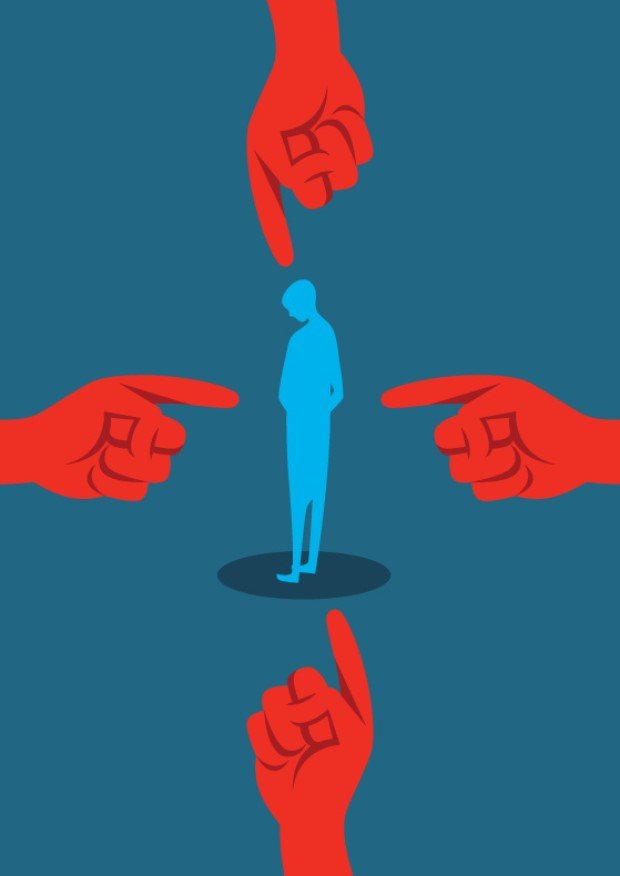Kim ain’t new to this. She’s been caught in the cycle so long, it’s become part of her rhythm—wake, hit the weed, chase it with liquor, crash, repeat. She’s not the kind of woman who sugarcoats anything. When she speaks, it’s raw, just like her story.
She admits to fighting brutal battles with both alcohol and weed. Nine outta eleven symptoms of severe alcohol use. Seven outta eleven for weed. That ain’t light. That’s deep in.
“I always start with one of those little airplane bottles,” she says. “Then it’s half pints. Then I’m grabbing the big bottles with the handle.” That’s not just casual drinking—that’s full throttle.
With weed, it’s the same slide. “Used to go through an eighth in ten days. Then five,” she shrugs. “Now I’m smoking as soon as I wake up—before I even get my first drink in.”
She knew she was slipping. Again. “I knew I was gonna be in trouble. That’s why I came back here.” She’s been in programs before. Left a few. Tried to stay clean. But the grip is tight.
“When I get going,” she says, “I put my drink above everything. I’ve even drunk hand sanitizer when I couldn’t get to the liquor store.”
That ain’t just addiction. That’s desperation.
The weed? “I crave that more than liquor. Some days I wanna scream it’s so bad.” The way she tells it, her depression talks her into it. Says it helps. But she knows. “It probably doesn’t,” she admits. “I just tell myself that.”
Her family? The damage runs deep. “My son keeps his distance. My daughter, too—especially when I’m drunk.” She misses birthdays, holidays, and loses jobs. The weed isolates her, too. “I stay to myself and smoke,” she says.
The streets know her name now. “In the last year, I’ve been homeless. I drank hand sanitizer. I left the program to go live with wild addicts. My depression gets so bad, I just drink more—knowing full well it only makes it worse. But I don’t stop.”
And that’s the thing—Kim ain’t trying to make excuses. She’s just laying it bare. This is what real addiction looks like. Not just a bad habit. It’s life crumbling piece by piece, while you stand there watching, with a bottle in one hand and a blunt in the other, telling yourself lies you wish were true.
Kim knows she’s in the fight of her life. And this time, she’s hoping the truth will help her claw her way out.














